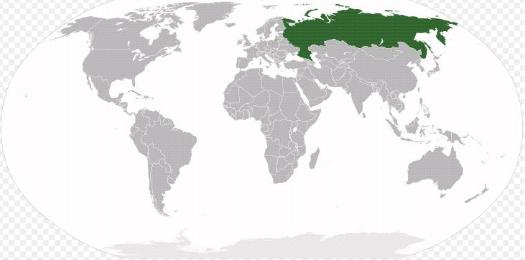- ________________________________________________________________________________________
- Last modified 03/04/08
- Copyright © by Nila Gaede 2008
| Adapted for the Internet from: Why God Doesn't Exist |
An ecologist and an energy engineer will tell the economist that the carrying capacity of humans has its limits. Population
cannot continue to expand indefinitely. The Earth can physically hold only so many people.
In my opinion, their argument is irrelevant. I can take my magic wand and make the diameter of the Earth expand in such a
way that the population density per square kilometer is constant. Every time a child is born the diameter the planet extends
a millimeter or so. Everything else, including gravity, remains constant. To look at this in light most favorable to the ecologist,
I will further hypothesize that the additional land is entirely fertile, that we have the right amount of sweet water to come with
it, and that it has proportionally the necessary energetic resources. Will we now have avoided the Malthusian specter and
put the ecologist at ease?
The problem with the carrying capacity, again, is not the ratio of humans to land or to arable land or to food. The problem is
that we are not having babies. We are not having babies, not because of education, or space, but because we live in urban
mounds and can’t afford them. It is not the density of the entire Earth, but the qualitative distribution of that population which
is the critical parameter. It is not that we are many. It is that we have the majority of our populations concentrated in the cities
of the world. If we were to divide the population of Earth by the land area and distribute a plot of land to each couple or family,
the population would likely increase exponentially as predicted by Malthus and Darwin. However, under an urban setting,
increasing the amount of space or of food or and other resources will not change the current state of affairs. The more the
population of the world is urbanized, the fewer children people will have.
Russia is a case in point. Russia has roughly 10% of the land mass on Earth; it is almost twice as big as Canada, the next
largest country. It is also energy rich. However, 75% of the population lives in cities today and, in just 20 years this number
will rise to 80%. Russia is experiencing negative population growth and is expected to lose over 30 million people in the
next 40 years. So we have here an ideal example to show that land and energy are not the constraining parameters. We
have here the largest country on Earth which is incongruously depopulating. The reason is clear. People are flocking to
the cities (or converting villages to towns). And the problem here is that urbanites don't have children. Russia is an empty
country that is getting emptier by the day, partly because it has no immigration. It will continue to urbanize and depopulate
until there are no more humans left on the planet. Russia will never again increase its population in what little time we have
left. The vast, empty land that the Russian Government controls will serve no purpose other than to boast in heaven and in
hell about how much space it took up on a map when humans ruled the Earth.
| Catch 22: The artificial economy is limited by population which is limited by economics |


| We've conquered most of the land on Earth, tovarish! We have a great future ahead of us! All we need to do now is get women pregnant and fill the land! |

| We would've had more, but I ran out of money. |
- Module main page: How the last human died
Pages in this module:
- 1. Food: Mother Nature's henchman
2. The definition of carrying capacity
3. This page: Catch 22: The artificial economy is limited by population which is limited by economics
4. The economic history of Man
5. The day the global economy collapses, it will be the end of Man
6. Conclusions: Panic spreads like wildfire
